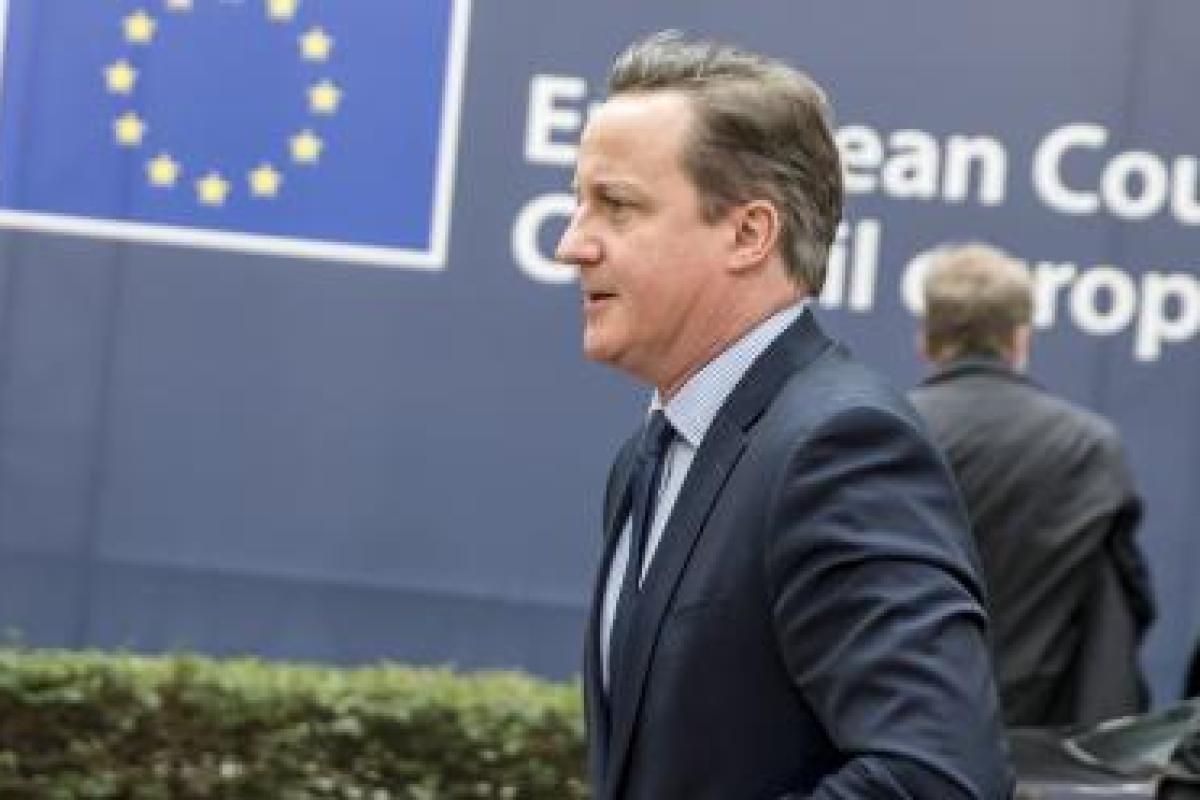I’ve always steered clear of politics in this column. Marketing and advertising flourish in a free country, and periodic changes of government have made little real difference. But the In/Out Referendum on 23rd June is a new phenomenon. Remain in the European club, and life will go on more or less unchanged. On the other hand a “Leave” majority would have considerable implications: especially for parliamentary democracy. In last year’s General Election the Conservative, Labour, Liberal Democrat parties and the SNP between them secured 97% of the seats with 80% of the vote. All four party leaders (Cameron, Corbyn, Farron and Sturgeon) who don’t often agree on anything, are in favour of voting Remain. But this may not be enough to prevent Leave. Let us suppose it’s a close run thing and Leave wins with 50.1% of the vote on a 70% turnout (it was 66.6% in the General Election). That would mean that Britain leaves the EU on the decision of 24.6% of the electorate.
Ludicrous, especially considering that the Leaders of 97% of MPs recommend staying in. Perverse, given that 80% of the electorate only last year voted for tribunes of the people who are supposed to be in favour of Remain.
But parliamentary democracy has been suspended. Ministers have been given not just a free vote, but the right to defy the PM from the front bench and campaign against the deal he has negotiated. Many constituents in favour of Remain can only watch as the MPs they elected try to persuade the electorate to vote Leave.
Logic has also taken a beating. What does ‘exit’ (As in Brexit) or Leave mean? How can we exit one aspect of Europe (the EU) while the country is committed to NATO, the UN and its agencies, The European Economic Area etc, quite apart from the accords which an exiting UK would undoubtedly sign with the EU and EFTA.
Nor has the British public been given anything like enough facts – by either side. The big decision is less than four months away, and there can’t be too many voters who can say with any certainty what would happen to them if we Leave or Remain.
My gut feel is that realistically we can’t leave or exit, because we don’t have anywhere to go! It’s also hardly the appropriate moment to turn our back on our nearest neighbours, when we are all facing terrorism, heightened international tension, the worst refugee crisis since World War II, and the possibility of another world economic meltdown. With all these storm clouds gathering, one would imagine that sticking together was a better idea than packing our bags.
Governments – particularly governments with a majority - are meant to govern, not allow a free-for-all. They are supposed to provide us all – and the organisations we work for – with a protective shield. It seems to me that if the Referendum is won by Leave, that protective shield disappears.
Quite apart from everything else, the data that is supposed to inform and quantify our decision-making is faulty. If we agree that the outcome could be very closely contested and the turnout modest, how can a simple majority be enough to cast us adrift in the European Sea, with less than a quarter of those entitled to vote in favour?
We have all been party to decisions on dubious maths, when the majority probably wanted to go the other way. But launching a new product, approving a campaign, or selecting an agency on dodgy numbers is one thing. To decide the country’s future relationship with our neighbours and trading partners on dodgy numbers and scant evidence, and with leadership abdicated in favour of illusory democracy, is quite another.
Read more from David Wethey here.
